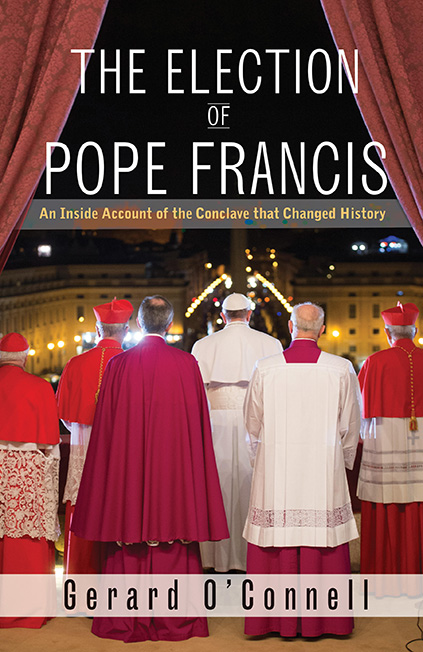When Pope Francis was elected to the papacy, it marked a historic moment in the Catholic Church's history. As the first pope from the Americas and the first Jesuit to hold the position, his election signaled a significant shift in the Church's leadership dynamics. His choice of the name Francis was symbolic, reflecting his commitment to humility, simplicity, and service to the marginalized.
The significance of Pope Francis' election extends beyond geographical representation. It reflects the Church's desire to engage with contemporary global issues, emphasizing outreach to those on the peripheries of society. His vision for the Church involves not only geographical expansion but also addressing existential challenges faced by modern communities. This article delves into the pivotal moments leading up to his election and explores the impact of his papacy.
Pope Francis: A New Era Begins
On March 13, 2013, Cardinal Jorge Mario Bergoglio from Buenos Aires, Argentina, was elected pope during the second day of the conclave. This marked the beginning of a new era in the Catholic Church, as he became the first pope from the Southern Hemisphere. The selection of a Latin American pope highlighted the growing influence of the Church in regions outside Europe. His election came after the unexpected resignation of Pope Benedict XVI, which itself was a rare event in the history of the papacy.
Bergoglio's rise to the papacy was met with surprise and excitement worldwide. Known for his modest lifestyle and dedication to social justice, he quickly endeared himself to Catholics and non-Catholics alike. His decision to take the name Francis was a nod to St. Francis of Assisi, symbolizing his intention to lead a Church focused on poverty, humility, and care for creation.
From the outset, Pope Francis demonstrated a willingness to break away from traditional papal norms. He chose to live in the Vatican guesthouse rather than the Apostolic Palace, further emphasizing his commitment to simplicity and accessibility. These early actions set the tone for a papacy characterized by reform and outreach.
Vision for the Church: Reaching the Peripheries
During the pre-conclave meetings, known as general congregations, discussions centered around the Church's role in the modern world. One of the key themes that emerged was the need for the Church to move beyond its traditional boundaries and reach out to those on the margins of society. Pope Francis embraced this vision wholeheartedly, advocating for a Church that is outward-looking and inclusive.
In one of his early speeches, he emphasized the importance of the Church going to the peripheries, both geographically and existentially. This meant reaching out to those who feel alienated or excluded, whether due to economic hardship, social injustice, or spiritual neglect. His message resonated deeply with many, as it addressed the pressing needs of a rapidly changing world.
This vision has guided much of Pope Francis' papacy, influencing his decisions and priorities. From advocating for environmental protection to promoting dialogue with other faiths, his leadership has been marked by a focus on unity, compassion, and justice. By prioritizing these values, he has sought to revitalize the Church's mission and relevance in today's global context.
A Transformative Leadership
Pope Francis' election brought about a transformation in the Catholic Church, revitalizing its global presence and appeal. His approach to leadership has been characterized by openness and inclusivity, challenging long-standing traditions while maintaining respect for the Church's teachings. This balance has allowed him to connect with diverse audiences, fostering a sense of hope and renewal among Catholics worldwide.
One of the most notable aspects of his papacy has been his emphasis on caring for the poor and vulnerable. Drawing inspiration from St. Francis of Assisi, he has consistently called for greater attention to issues such as poverty, inequality, and climate change. His encyclical Laudato Si' stands as a testament to his commitment to ecological stewardship and social justice.
Despite facing criticism and opposition from various quarters, Pope Francis has remained steadfast in his mission to reform and modernize the Church. His efforts have opened doors for dialogue and collaboration, encouraging Catholics to engage with the broader world and address the challenges of our time. Through his leadership, he has inspired millions to embrace a more compassionate and engaged form of faith.

